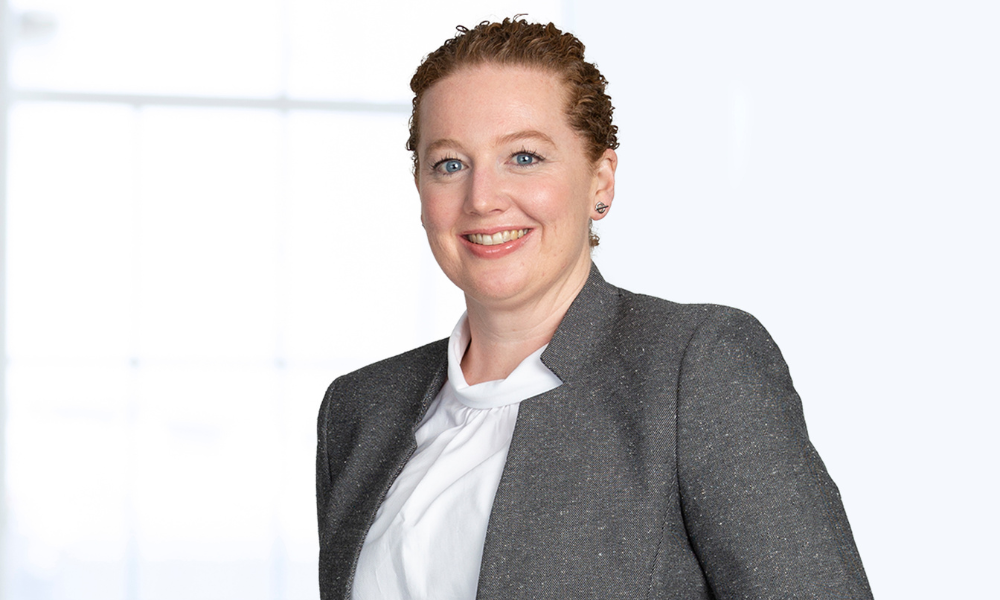
'Talking to people early on would resolve a lot of employment-related issues that come across my desk'

Meeting employer obligations for health and safety is challenging in the modern workplace. This is especially the case in the hybrid work environment, says Kylie Dunn, partner at Russell McVeagh.
“I think the more interesting areas are around the mental health challenges of health and safety and also psychosocial risk,” says Dunn, who stresses that employers need to have good systems in place.
Psychosocial risks are aspects of a job or a workplace that create uncertainty, or an environment where people don't feel safe at work, she says.
“In a hybrid setting, psychosocial risks are more difficult to manage. Working from home makes it harder to pick up on the usual cues that we would see in a physical shared space.”
If someone’s working from home frequently, how are you ensuring they're okay? says Dunn, who will talk further about health and safety in the modern workplace at HRD’s upcoming Employment Law Masterclass New Zealand.
“When you're working with someone day-to-day in the same physical location, you can pick up a lot based on how someone acts.”
Australia is legislating towards additional protections around psychosocial risks, a move Dunn anticipates will likely be followed in New Zealand.
“Some of those protections are inherent in our [legal] framework already but Australian legislation goes further and identifies inherent aspects of employment that are not unlawful in and of themselves, but could give rise to psychosocial risks.
“For example, having someone work casually or having someone on successive fixed-term contracts where there is inherent uncertainty of employment can be a psychosocial risk that an employer needs to be across.”
The best starting point is to ensure the organisation’s leaders are fully aware of what psychosocial risks are and what some of the risk factors are likely to be, she says.
“It's not going to be a matter of avoiding all circumstances where those will arise,” says Dunn. It's more about a recognition that they’re inherent in the nature of work and ascertaining how an organisation can minimise the impact of those risks on people.
“The biggest step a manager can take is recognising where individuals might feel impacts and talking to them about it. That's the most straightforward thing you can do. Sometimes for instance that could be acknowledging that targets are stressful and that everyone in the team has that same underlying level of stress.
“I think that can go a really long way to helping create a work environment where people feel able to put their hand up and say ‘Actually, today is a particularly difficult day for me for this reason… can we talk about it?’”
One indication that someone’s struggling could be if their work patterns change, perhaps they start to work from home a lot more or stop turning on their camera in team meetings, she says.
“That should ring alarm bells for a manager in terms of whether they need to start asking more questions.”
Of course the physical aspect of health and safety in a hybrid setting needs to remain just as prominent, Dunn says, with employers staying on top of the extent to which employees have the right equipment to work remotely.
“With regards to ergonomics, when it’s an employee's choice to work from home, in my view an employer doesn't need to provide a whole second office setup. They should however provide the employee with information about ergonomics, and tell the employee that it's important. In my opinion, the legal obligations don't extend further than that unless the employee is required to work from home by the employer.”
As employers continue to navigate hybrid workplaces and their impact on workers, the wellbeing of everyone, regardless of their location of work, remains paramount, says Dunn.
“Talking to people early on would resolve a lot of employment-related issues that come across my desk that are already really well advanced.”
For more great insights, register today for HRD’s upcoming Employment Law Masterclass New Zealand.